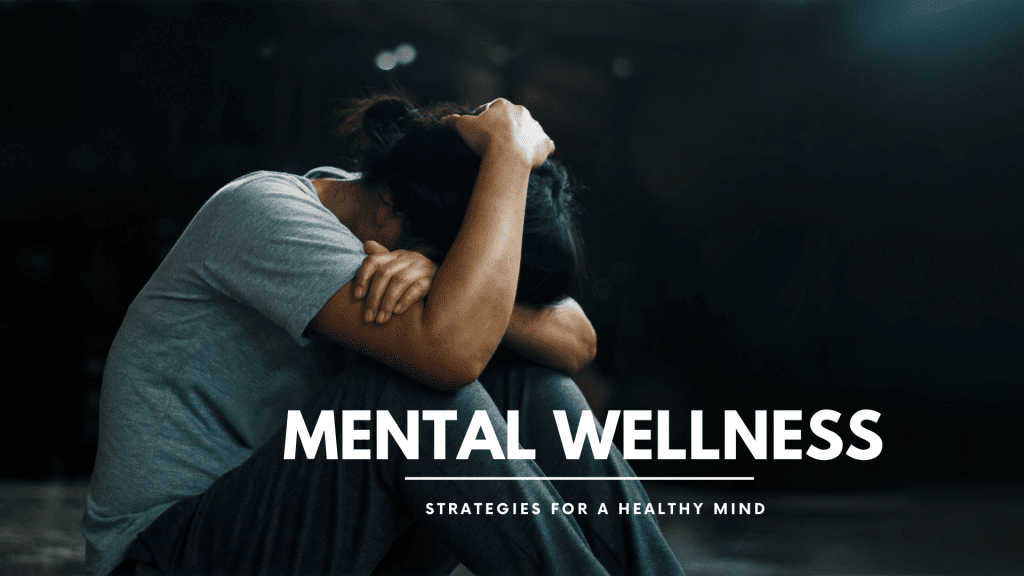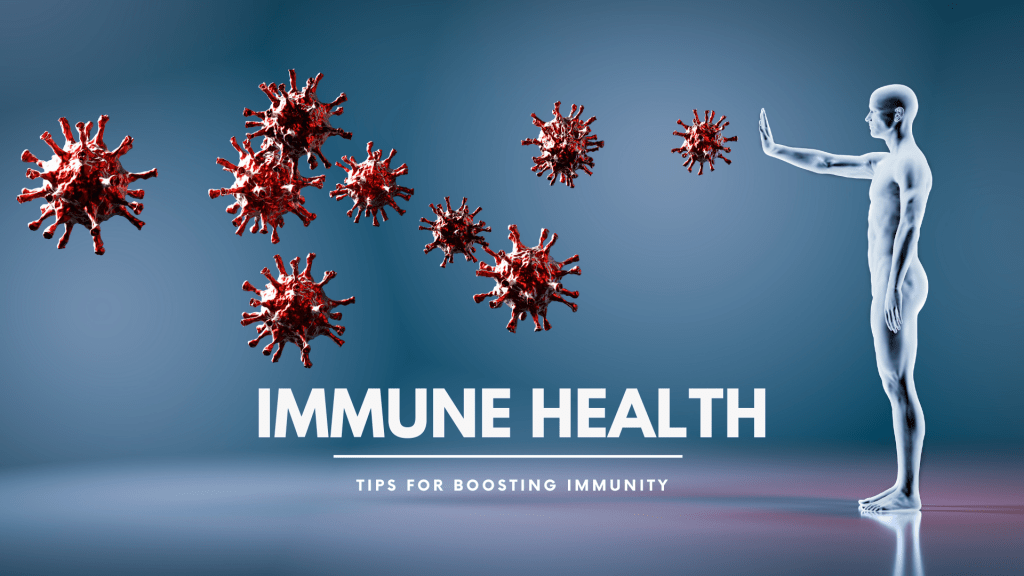Sleep is more than just a time of rest—it’s the foundation of our physical, mental, and emotional health. Yet, in our fast-paced world, sleep often takes a backseat to work, social life, and screen time. However, the science is clear: sleep is essential. This blog explores why sleep matters, its effects on daily life, and the benefits of prioritizing quality rest.
Why Sleep Is Essential
Sleep plays a crucial role in maintaining vital body functions, supporting brain health, and enhancing emotional well-being. During sleep, the body repairs cells, consolidates memories, and regulates hormones that control appetite, mood, and immune function. Without adequate sleep, these critical processes are disrupted, leading to a host of negative consequences.

Real-Life Examples of Sleep’s Impact
- Morning Alertness and Productivity
Imagine waking up groggy after only four hours of sleep. You drag through the morning, struggle to focus at work or school, and rely on multiple cups of coffee to stay awake. In contrast, after a full eight hours of sleep, you wake up refreshed, focused, and ready to tackle the day’s challenges. This difference is due to the restorative power of sleep. - Athletic Performance
Athletes like LeBron James and Serena Williams prioritize sleep to enhance their performance. Studies show that athletes who get adequate sleep have faster reaction times, better accuracy, and improved endurance. Sleep allows the body to recover from intense physical activity, repair muscles, and prepare for the next challenge. - Emotional Stability
Consider a stressful day at work followed by a sleepless night. The next day, even minor inconveniences can trigger irritability or anxiety. Adequate sleep acts as an emotional buffer, helping you stay calm and resilient in the face of stress.

Effects of Sleep Deprivation
- Cognitive Decline
Sleep deprivation impairs concentration, decision-making, and memory. It can feel like being in a mental fog, making it harder to complete tasks and retain information. - Health Risks
Chronic sleep deprivation is linked to a higher risk of heart disease, diabetes, obesity, and weakened immune function. Poor sleep can also lead to increased inflammation in the body. - Emotional Instability
Lack of sleep can heighten emotional reactivity, increasing the likelihood of mood swings, anxiety, and depression. It’s harder to manage stress when you’re running on empty. - Increased Risk of Accidents
Fatigue slows reaction times and impairs judgment. Sleep-deprived drivers are as dangerous on the road as those under the influence of alcohol, contributing to countless accidents each year.
Advantages of Prioritizing Sleep
- Enhanced Brain Function
A well-rested brain is more creative, focused, and efficient. Sleep enhances problem-solving skills and memory retention, making it easier to learn and perform complex tasks. - Stronger Immune System
Quality sleep strengthens the immune system, helping the body fight off infections. Those who sleep well are less likely to catch colds and recover faster when they do get sick. - Improved Mood and Emotional Health
Sleep helps regulate mood and reduces the risk of developing anxiety and depression. People who get enough rest are generally happier, more optimistic, and better equipped to handle life’s challenges. - Physical Health Benefits
Adequate sleep supports heart health, regulates blood sugar levels, and promotes healthy weight management. It also reduces the risk of chronic diseases and contributes to a longer life span.

Tips for Better Sleep
- Establish a Sleep Schedule
Go to bed and wake up at the same time every day, even on weekends, to regulate your body’s internal clock. - Create a Relaxing Bedtime Routine
Engage in calming activities like reading, meditating, or taking a warm bath before bed to signal to your body that it’s time to wind down. - Optimize Your Sleep Environment
Keep your bedroom cool, dark, and quiet. Invest in a comfortable mattress and pillow, and limit exposure to screens at least an hour before bed. - Limit Stimulants and Heavy Meals
Avoid caffeine, nicotine, and large meals close to bedtime, as they can disrupt your ability to fall and stay asleep. - Exercise Regularly
Regular physical activity can promote better sleep, but avoid vigorous exercise close to bedtime.
Conclusion: Sleep Is a Superpower
Sleep is not a luxury; it’s a necessity. It fuels your mind and body, enhances performance, and protects your health. Prioritizing sleep is one of the simplest yet most impactful ways to improve your quality of life. So tonight, put away your devices, dim the lights, and give your body the rest it deserves—you’ll thank yourself in the morning.
About Us
- Akhil Boddu’s YouTube Channel – Follow my vlogs for personal experiences and tips.
- Code With Me YouTube Channel – Explore tech tutorials and coding advice.
- Weblog Trips LinkedIn – Connect with me on LinkedIn for more insights and discussions.
If the information you are looking for is not available here, please contact us. Additionally, follow us on our social media platforms for updates and more information.







